FAQ: 2020 Farm Requirements
A detailed FAQ about the Rainforest Alliance 2020 Sustainable Agriculture Standard Farm Requirements.
Home / Business / Certification / Page 19
Certification has had a huge impact in bringing sustainability to the forefront of business thinking, but it must continue to evolve to provide more value to farmers and companies and ensure that people and nature can thrive in harmony.
That's why the Rainforest Alliance launched its new Certification Program, which entered into force in July 2021. The Sustainable Agriculture Standard, along with its assurance and technology systems, are data-powered, and based on the principles of continuous improvement, risk-based assurance, contextualization, and shared responsibility. This is how we can deliver more value to the two million farmers and thousands of businesses that use Rainforest Alliance certification to drive more sustainable agricultural production and responsible supply chains.
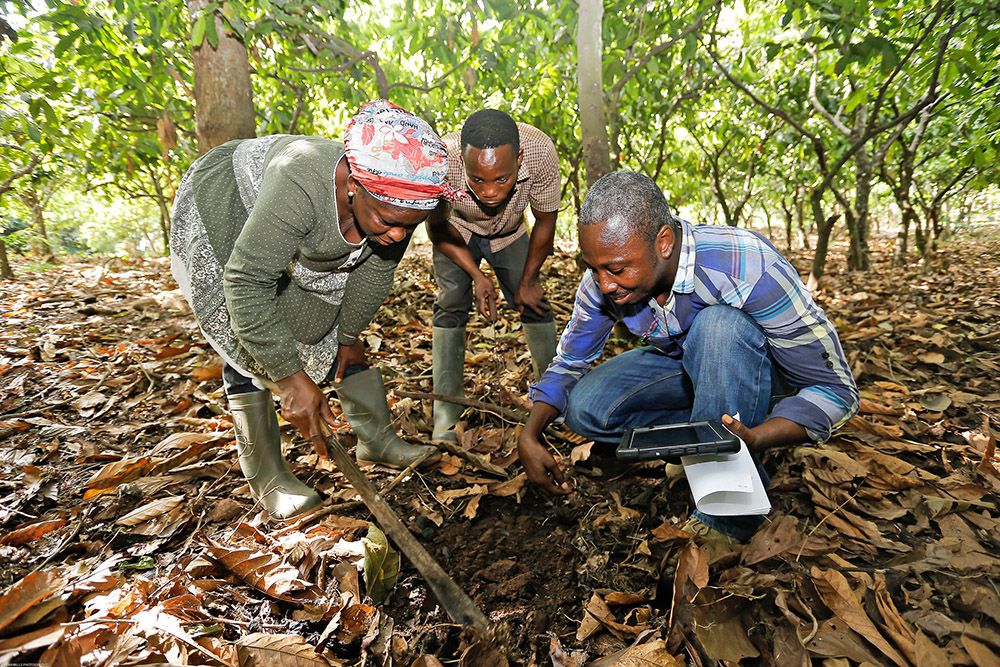
The certification program is part of the Rainforest Alliance’s strategy to drive sustainability at scale in the sectors in which we operate through interconnected interventions supporting certification, tailored supply chain services, landscapes and communities, and advocacy.
Key priorities of our cocoa strategy are assurance, shared responsibility, supply chain transparency, and profitability and resilience.
How we have tailored the implementation and verification of standards requirements on child labor and forced labor to the risk exposure of each farm.
Our shared responsibility approach aims to distribute benefits and costs of certification more evenly between farmers and companies.
Begin your journey of certification with the Rainforest Alliance.
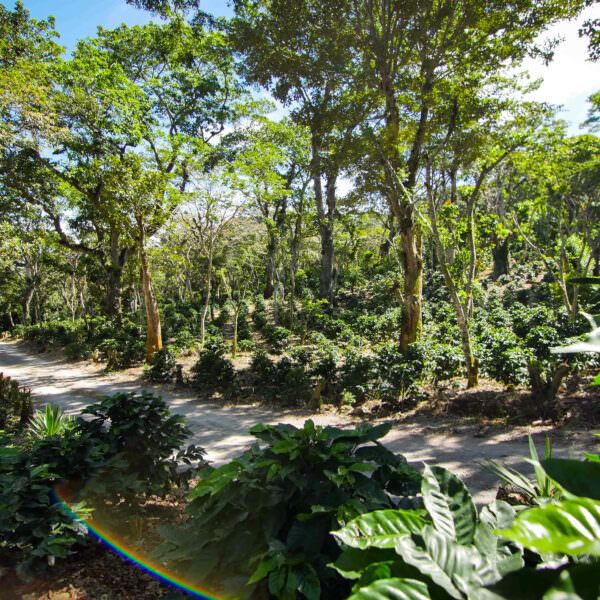
A detailed FAQ about the Rainforest Alliance 2020 Sustainable Agriculture Standard Farm Requirements.
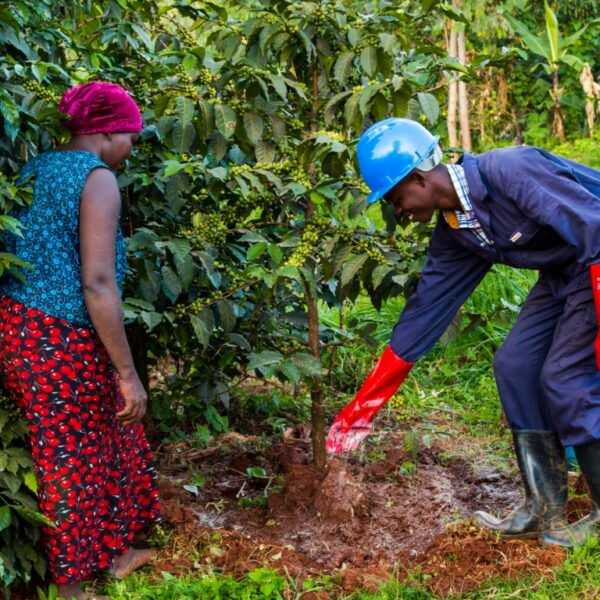
Find out what Ugandan coffee exporter, Kyagalanyi Coffee, had to say about the new program—from the improvements to the challenges.
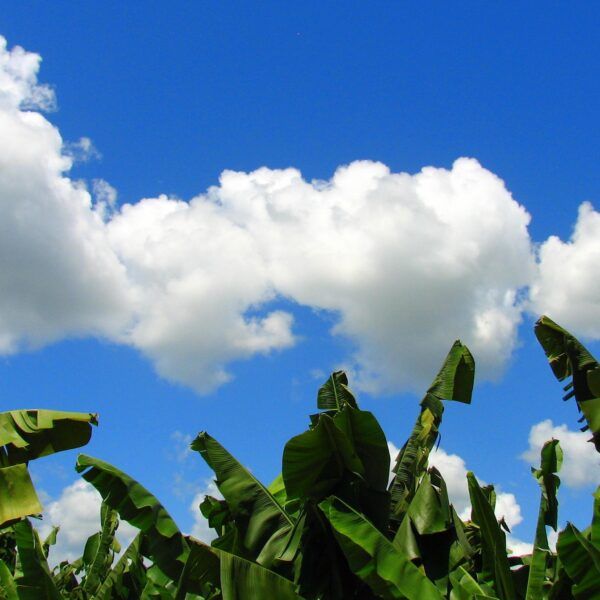
After teaming up for an early implementation pilot of our strengthened certification program, both Finca Esmeralda and the Rainforest Alliance took away learnings that will contribute to a more sustainable banana sector.
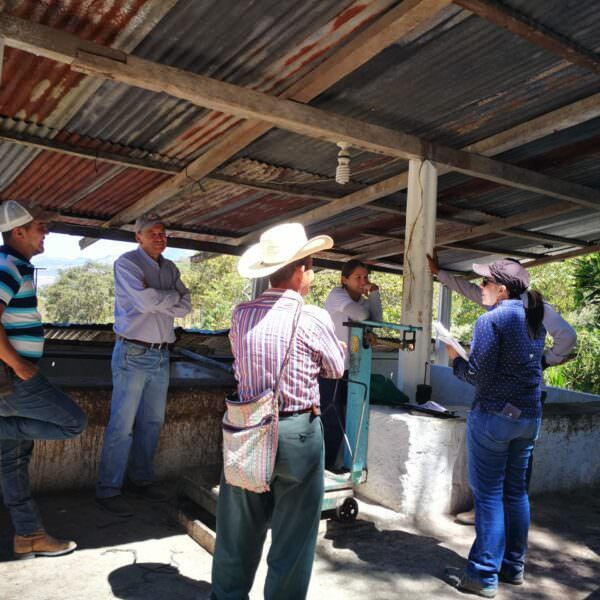
Rainforest Alliance certification is carried out by our authorized certification bodies. Find an authorized certification body in your county.
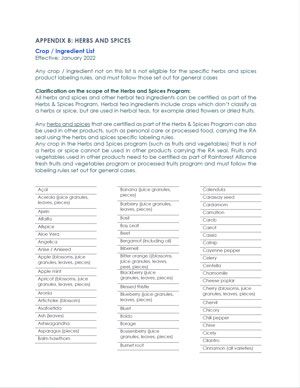
As outlined in the Rainforest Alliance 2020 Labeling and Trademarks Policy, herbs/spices containing products can carry the Rainforest Alliance certification seal, if they contain at least the minimum percentage of content from RAC farms as listed in this Appendix at the time of labeling approval.

SA-S-SD-24 This annex includes additional binding content related to the implementation of the Requirements in Chapter 6 of the Sustainable Agriculture Standard: Environment. This document includes: Additional Details on Requirements for No-Conversion (Previous Annex S12) (Related to requirement 6.1.1) Additional Details on Conservation and Restoration Areas Outside Farm Boundaries (Previous Annex S15) (Related to requirements […]

At the Rainforest Alliance, we believe that strong due diligence systems are crucial to a well-functioning grievance system, and critical to achieve our mission of creating a world where people and nature thrive together. In this document, we dive into the system that we have put in place to ensure that allegations of human rights […]

Your feedback is a vital tool for helping us to improve the program and promote positive change in agriculture.... Continue Reading
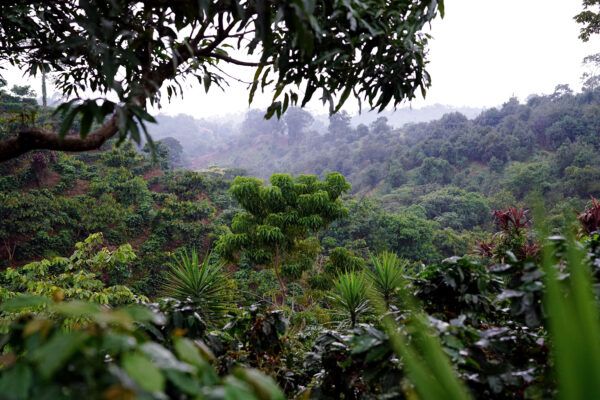
For two years, we have been supporting our certificate holders in transitioning to the new program, and now, with the transition period almost complete, we are delighted to share the innovations we have introduced. ... Continue Reading

Our shared responsibility approach aims to distribute sustainability benefits and costs more evenly between farmers and companies. This involves two mandatory financial requirements for companies: Sustainability Differential and Sustainability Investments.... Continue Reading